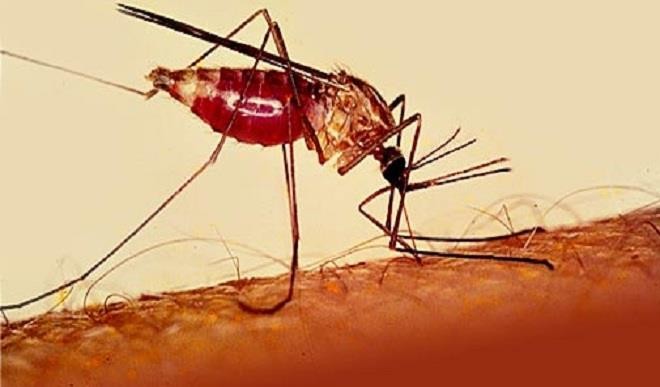Kenya on Friday introduced the world’s first malaria vaccine, joining Ghana and Malawi to roll out the landmark vaccine for the disease that continues to affect millions in Africa.
The vaccine, known as RTSS, was launched in the western part of Homa Bay by the Kenyan Ministry of Health and the World Health Organisation (WHO).
Rudi Eggers, WHO representative to Kenya, said the vaccines are powerful tools that effectively reach and better protect the health of children who may not have immediate access to health facilities when severe illness comes.
“This is a day to celebrate as we begin to learn more about what this vaccine can do to change the trajectory of malaria though childhood vaccination.’’
Eggers said the vaccine will be available to children from six months of age in selected areas of the country in a phased pilot introduction.
He said the vaccine is said to be the first and only vaccine to significantly reduce malaria in children.
According to the WHO, malaria claims the life of one child every two minutes.
The disease is a leading killer of children younger than five years in Kenya.
Eggers said Africa has witnessed a recent surge in the number of malaria cases and deaths, threatening the gains in the fight against the disease made in the past two decades.
“The ongoing pilots will provide the key information and data to inform a WHO policy on the broader use of the vaccine in sub-Saharan Africa.
“If introduced widely, the vaccine has the potential to save tens of thousands of lives.’’
The WHO said Homa Bay County is one of eight counties in Kenya where the vaccine will be introduced in selected areas.
According to WHO, the vaccine is a complementary malaria control tool, to be added to the core package of WHO-recommended measures for malaria prevention.
This includes the routine use of insecticide-treated bed nets, indoor spraying with insecticides, and timely access to malaria testing and treatment.
The Ministry of Health, through the National Vaccines and Immunisation Programme, is leading the phased vaccine introduction in areas of high malaria transmission, where the vaccine can have the greatest impact.
The aim is to vaccinate about 120,000 children per year in Kenya across the selected introduction areas, including eight counties in western Kenya.
According to the Ministry of Health, the vaccine will be added to the immunisation schedule for more than 300,000 Kenyan children who are expected to be vaccinated in the next three years. (Xinhua/NAN)

 Join Daily Trust WhatsApp Community For Quick Access To News and Happenings Around You.
Join Daily Trust WhatsApp Community For Quick Access To News and Happenings Around You.

